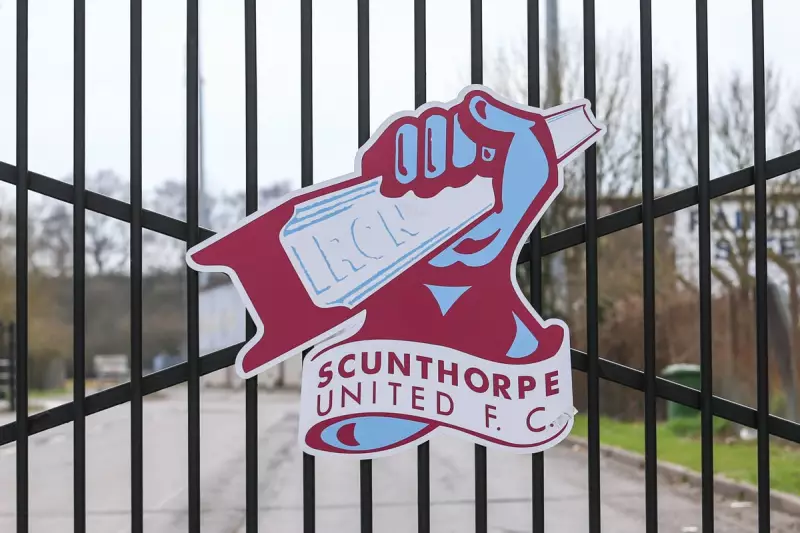
The Lincolnshire town of Scunthorpe has found itself at the centre of an unlikely digital dilemma that keeps resurfacing with frustrating regularity. The town's name, which contains the sequence of letters 's-c-u-n-t', continues to be flagged as offensive by automated internet filters and content moderation systems.
This peculiar problem first gained national attention back in 1996 when AOL blocked residents from creating accounts due to the town's name being deemed inappropriate. Nearly three decades later, the issue persists, demonstrating the ongoing challenges faced by automated content moderation systems.
The Modern Manifestations
Recent incidents have seen the problem affect various aspects of digital life in Scunthorpe. Local businesses have reported difficulties with online advertising campaigns being automatically rejected or suspended. Social media platforms have occasionally hidden or restricted content containing references to the town.
Even official communications haven't been immune. Council updates, local news stories, and community announcements have sometimes found themselves caught in digital filters designed to screen out offensive language.
Broader Implications
The Scunthorpe problem highlights a wider issue with automated content moderation systems across the internet. Similar challenges have affected other UK place names, including:
- Penistone in South Yorkshire
- Cockfosters in London
- Brown Willy in Cornwall
These cases demonstrate the limitations of keyword-based filtering systems that lack contextual understanding of place names and proper nouns.
Local Response and Resilience
Despite the recurring digital headaches, Scunthorpe residents have developed a sense of humour about their town's unfortunate alphabetical composition. Local businesses and organisations have learned to anticipate potential filtering issues and develop workarounds.
The town's football club, Scunthorpe United, has occasionally found itself affected, with fan content and official communications sometimes facing unnecessary digital barriers.
As technology continues to evolve, the hope among Scunthorpe's 82,000 residents is that artificial intelligence and content moderation systems will become sophisticated enough to distinguish between innocent place names and genuinely offensive language.





